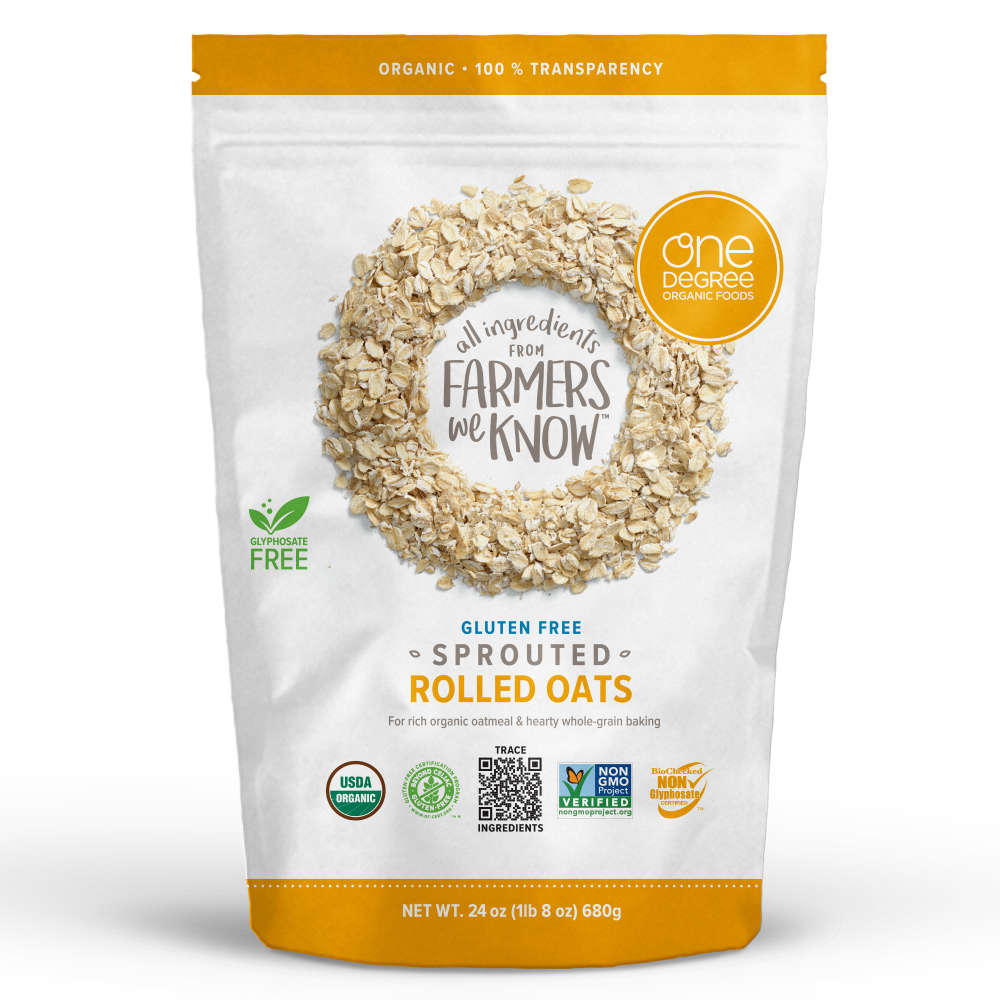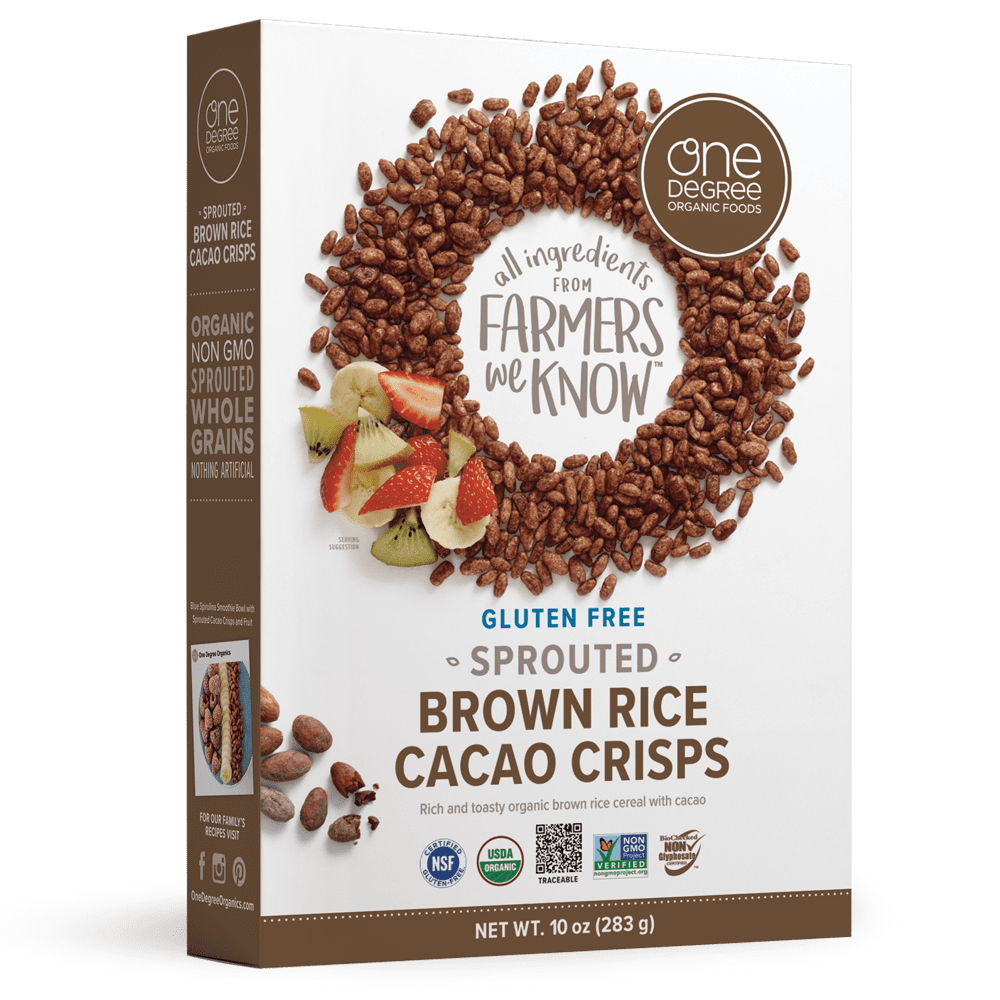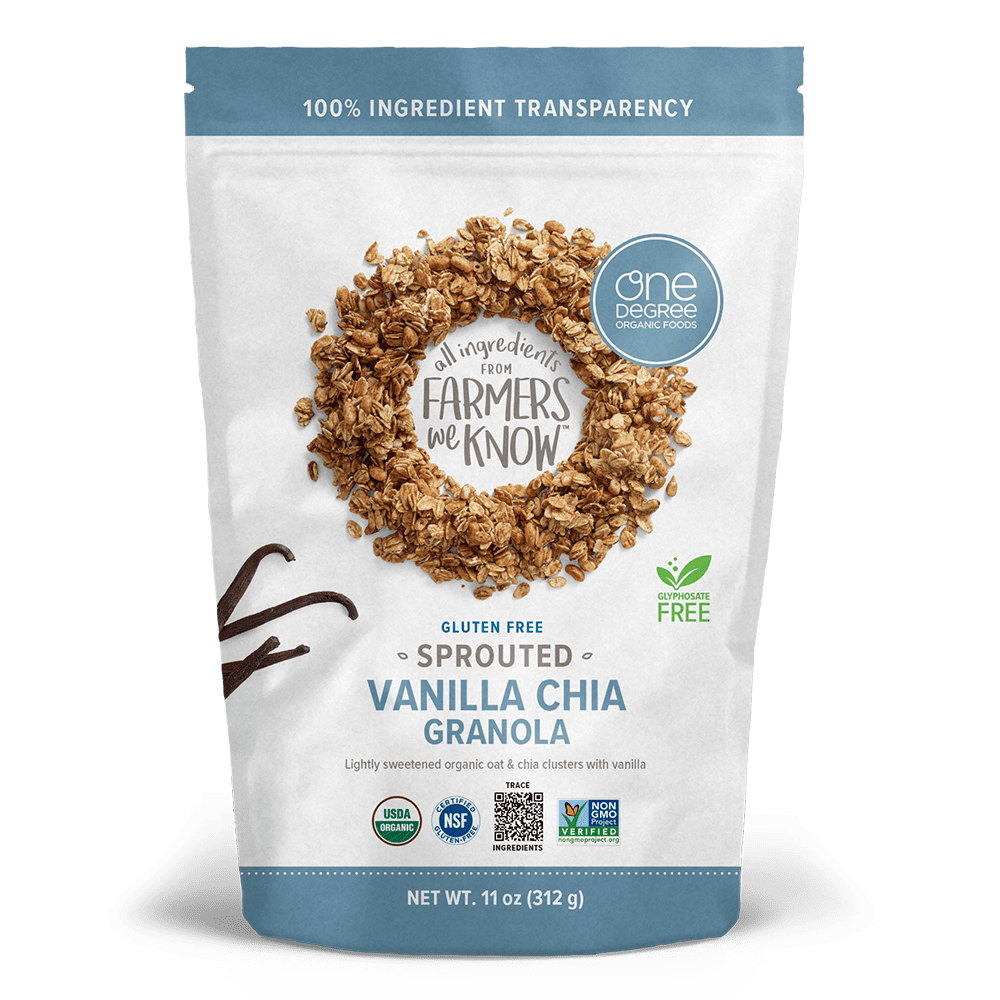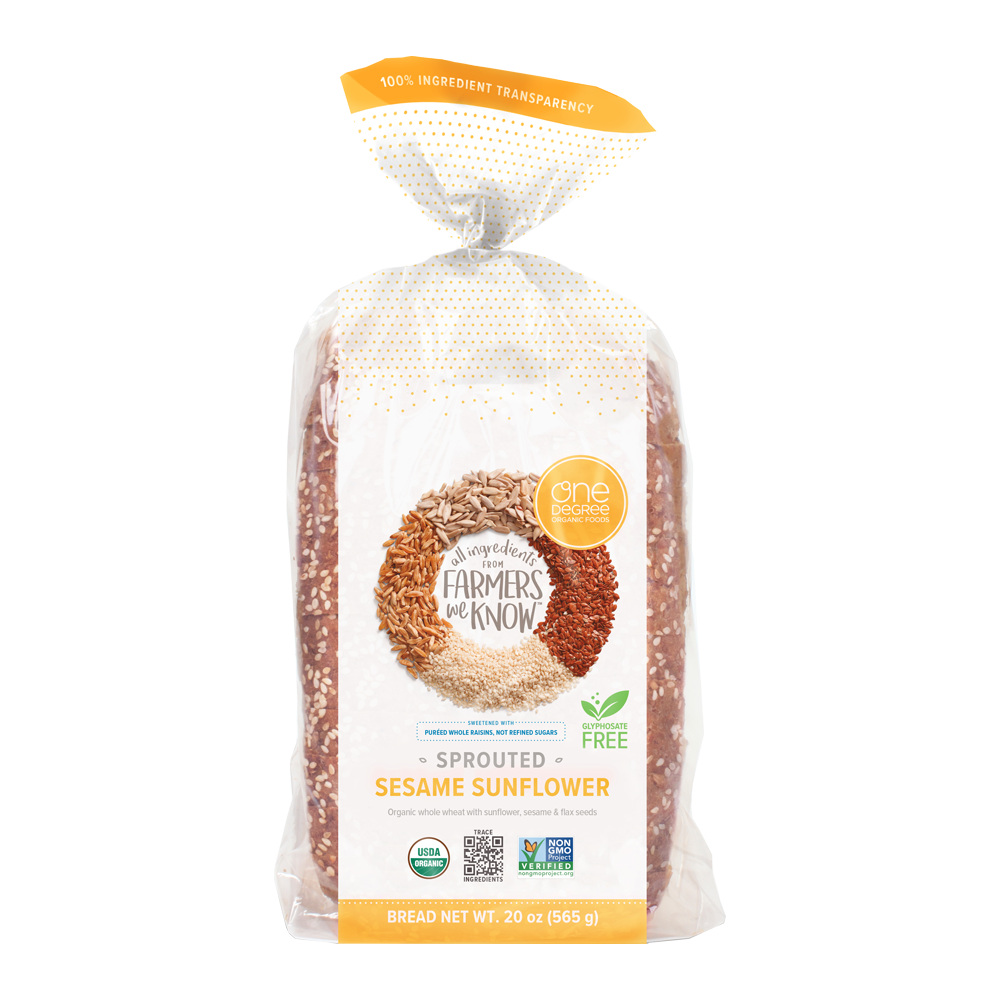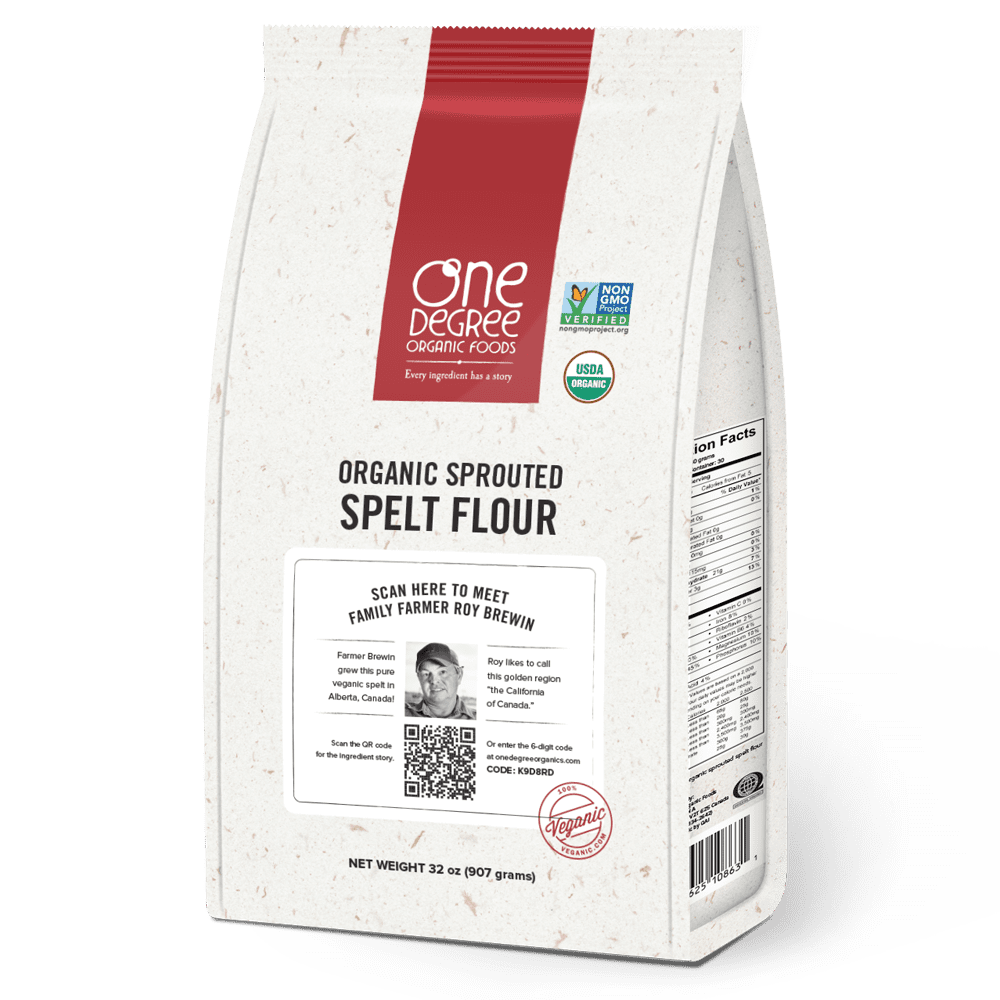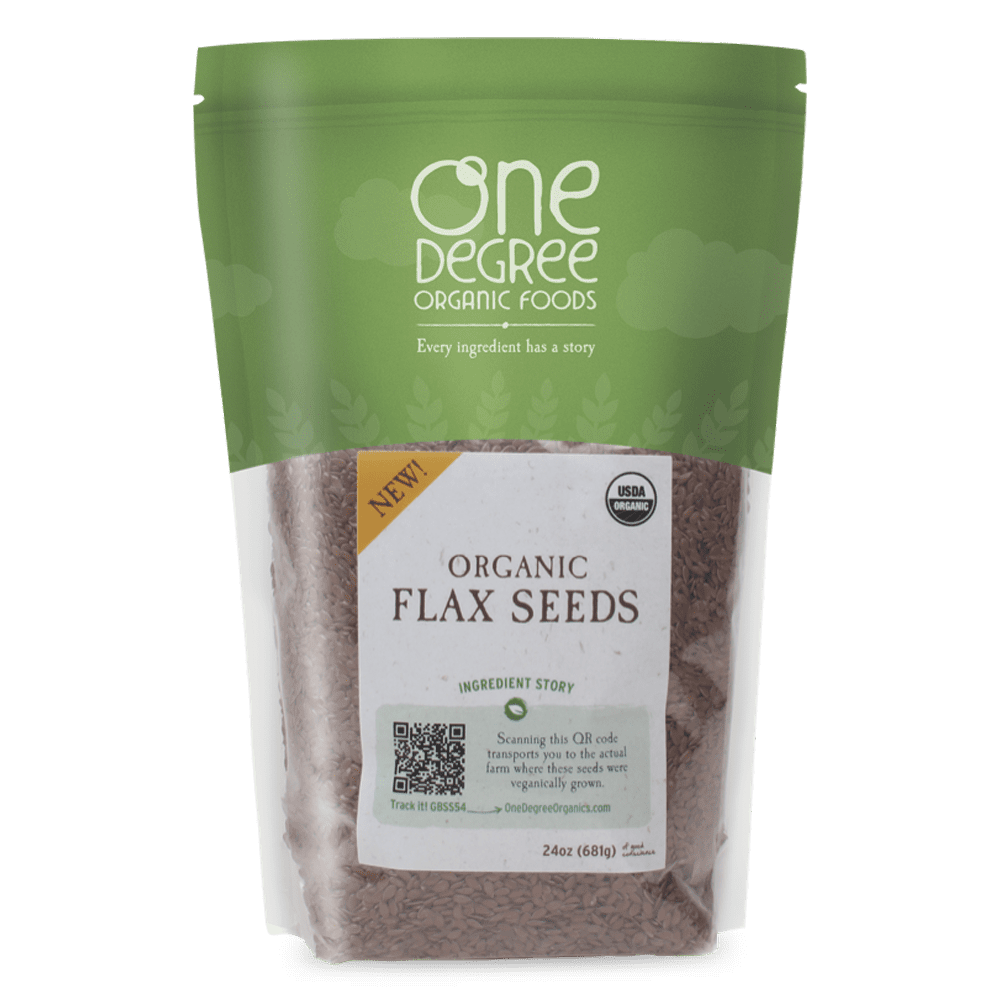Red Flint Corn
Rivara S.A.
When the Rivara family left their village near Florence early last century to emigrate to Argentina, they brought with them one of the great treasures of Italy. Surrounded at every turn by the magnificence of Michelangelo, da Vinci and Botticelli, they remembered nature’s own exquisite work of art: red flint corn.
In an age in which a single laboratory strain of corn claims millions of acres in the Americas, finding an heirloom variety like red flint feels like an epic archeological discovery. And finding whole fields of pure red flint, grown organically and profitably marketed to the world, is an even rarer surprise.
The Rivara family’s rose-hued variety of ancient maize originated in the Italian Alps, and has long been prized not only for its beauty, but also for the range of subtle flavors it adds to even the simplest cornmeal recipes. In many ways the crop is the pinnacle of a family enterprise that began by offering insurance, auctions and other services during the Great Depression to farmers in the small town of Alberti, not far from Buenos Aires. Over the years, the company moved on to storage and milling, transportation, sale of fuel and seeds, and ultimately cultivation of land.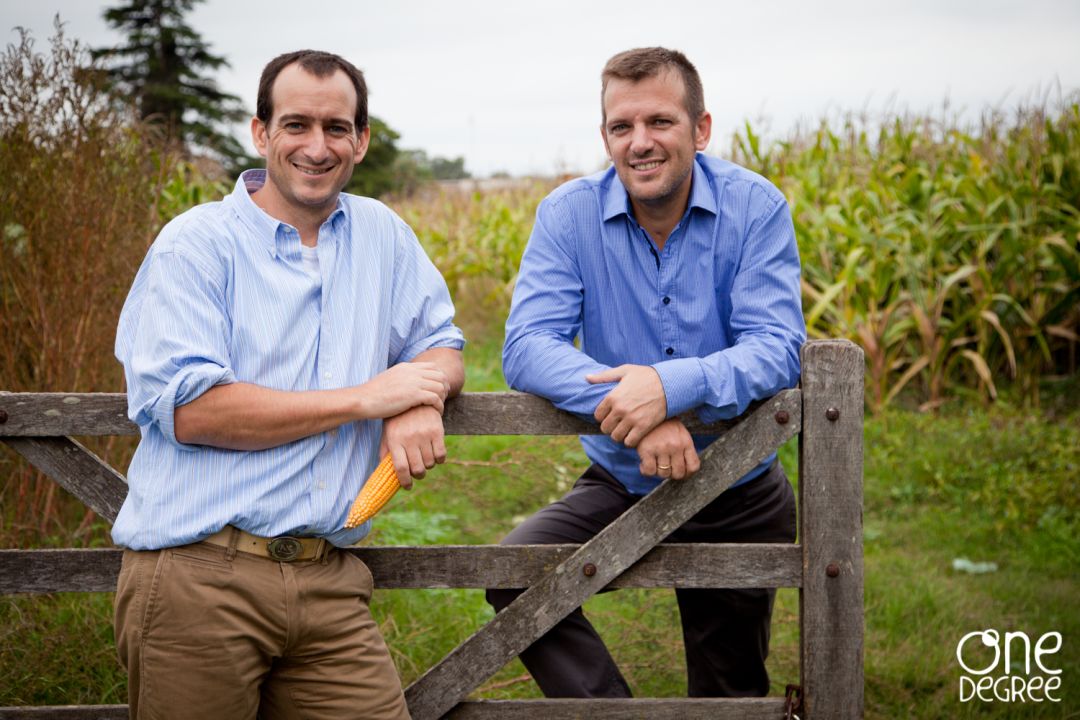
Today the prosperous business is managed by Fernando Adolfo Rivara, together with sons Diego and Fernando Jr. “My parents’ house is right next to the office,” the family patriarch recalled as he guided us through his property. “I remember when my dad was working I would play in the office. I also remember the garage of the house being a warehouse for the cereals and grains; it used to be all bags and not in bulk. They would bring bags to the garage and I would play war games as a boy there. My dad bought a Jeep that had been used in World War II — there were lots of those Jeeps imported around that time — and he would use it to visit farmers and producers.
“It’s a personal satisfaction to have my sons working with me; in our case we can have our children close to us and work with us. For the Hispanic culture it is very important to have the family around and close to you in the same company; it gives us joy and happiness, but also arguments,” he added with a smile.
“This is a family business, and we are all close. Our employees are also our friends. We play soccer with them on weekends. We know each other well, and we all consume the same products that we are selling to our customers. And we are all very proud of what we do.”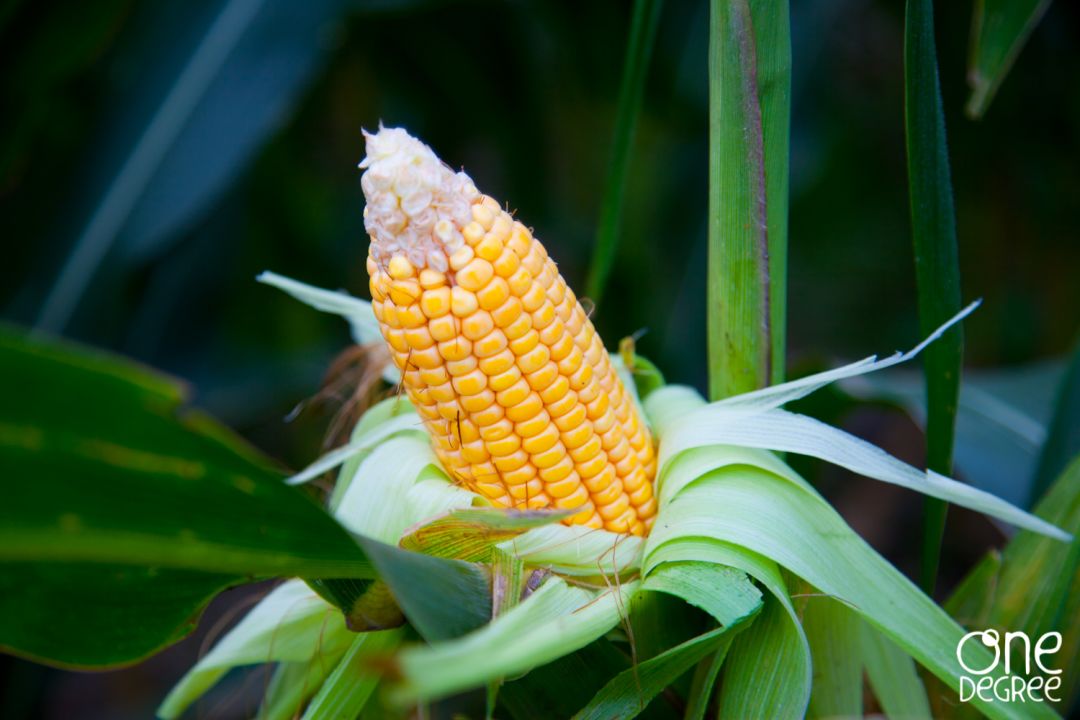
Amid rows of red flint corn, son Fernando echoed this sense of pride: “Seeing the harvest in our corn fields makes me proud to be an organic farmer. Since the time I was a child and came to the harvest with my grandfather, I have always enjoyed this season. And as an adult I can also appreciate the fact that we grow our crops without pesticides, herbicides or animal-based fertilizer. Instead of adding chemicals to the corn, we manually pull out the weeds and spend extra time plowing the land. We take care to nurture the soil, making sure it is full of nutrients and free of contaminants.
“Crop rotation is an important way that we enrich our soil. We rotate with sesame seeds, soybeans, wheat and grape seeds. In a cycle of four to five years, we alternate plant varieties in the fields, and also give the land time to rest before sowing a new corn crop.
“Conventional farming methods deplete the soil, but we work hard to build nutrients in our soil the organic and veganic way. Sometimes what we use when we rotate the crops, such as soybeans, we will also use as a natural fertilizer to prepare the land for the corn, and we lay it as a bed for the next crop.”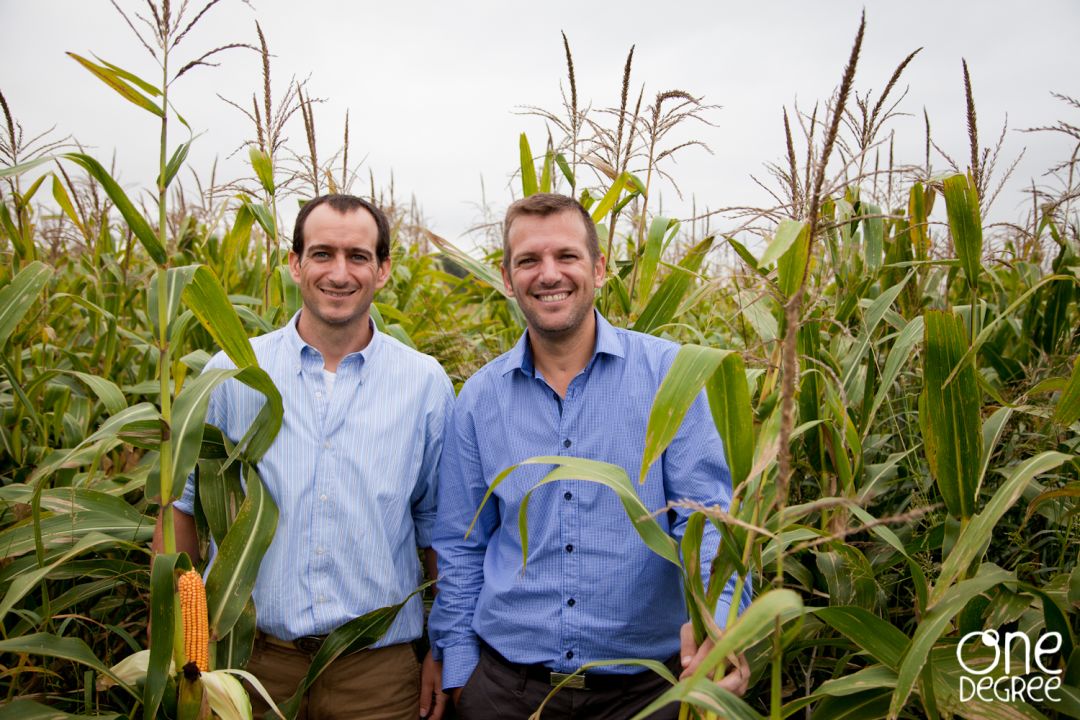
As you might expect, the Rivara family joins this love of producing great food with the Italian eye for beauty — which in this case means putting every element of the process on display in the elegant frame of transparency.
“Transparency is control,” son Diego explained. “If you show the path from grain to final product, there are no questions to be asked. It’s a great thing that you can use. It’s open to everyone; come and look. It’s not just a certificate — it’s much better.”
— Charlie Dodge
